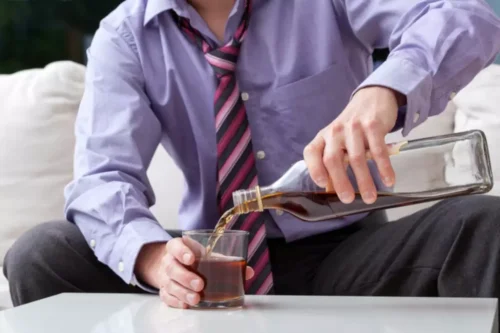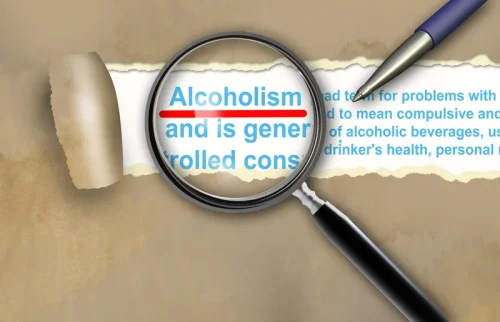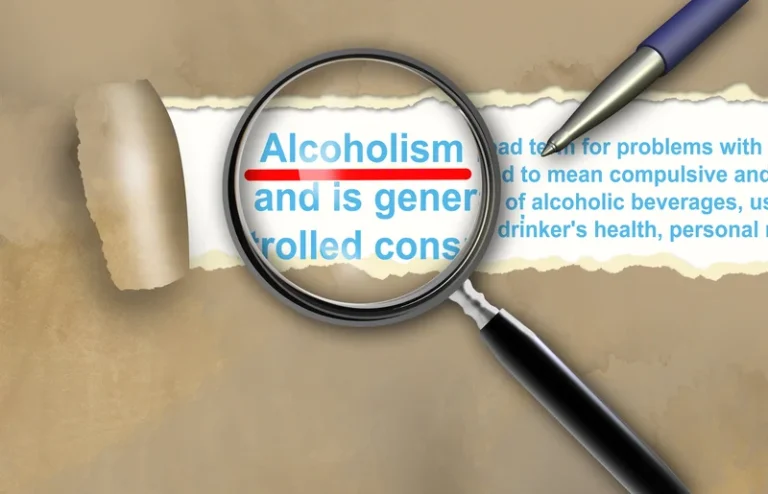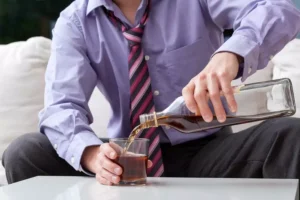
Alcohol withdrawal symptoms range from mild but annoying to severe and life-threatening. You don’t need to be diagnosed with alcohol use disorder in order to quit drinking. If alcohol is interfering with your health or your personal, financial, or professional life, consider quitting.
What to expect from your doctor
AWS can evolve in a few hours or a few days but often develops between 6 to 24 hours after your last drink. When you stop drinking, after doing so heavily for a long time, the depressant on your central nervous system stops, causing your nervous system to become overexcited. Your body may get overloaded because it has no alcohol to counteract your now perpetually excited nervous system.

Who Experiences Alcohol Withdrawal Symptoms?
- However, you won’t regret your decision once you come through withdrawal.
- Drastic changes in blood pressure and heart rate can also develop, which may lead to a stroke or heart attack.
- Blood pressure, pulse, and alcohol breath analysis should be obtained whenever possible.
- If you are developing your own symptoms of depression or anxiety, think about seeking professional help for yourself.
Those with severe or complicated symptoms should be referred to the nearest emergency department for inpatient hospitalization. It’s difficult to predict who will and who won’t experience alcohol withdrawal — and how severe it will be. When you stop consuming alcohol after prolonged, heavy use, your CNS can’t respond or regulate itself fast enough.

all patients
Your health care provider or mental health provider will ask additional questions based on your responses, symptoms and needs. Preparing and anticipating questions will help you make the most of your appointment time. Treating alcohol withdrawal is a short-term fix that doesn’t help the core problem. When you talk to your doctor about symptom relief, it’s a good idea to discuss treatment for alcohol https://ecosoberhouse.com/ abuse or dependence.

Alcohol withdrawal syndrome is the group of symptoms that can develop when someone with alcohol use disorder suddenly stops drinking. Caring for a person who has problems with alcohol can be very stressful. It is important that as you try to help your loved one, you also find a way to take care of yourself. It may help to seek support from others, including friends, family, community, and support groups. If you are developing your own symptoms of depression or anxiety, think about seeking professional help for yourself.

The prognosis (outlook) for someone with alcohol withdrawal depends greatly on its severity. Many involve a combination of group psychotherapy (talk therapy) and medications. Each of these symptoms can increase in intensity depending on the severity of the withdrawal. Fatigue is also a common symptom of depression and an after-effect of anxiety.

Mindfulness-based skill-building strategies promote flexible, rather than autopilot, responses to triggers that can prompt drinking. This guide is written for individuals—and their family and friends—who are looking for options to address alcohol problems. It is intended as a resource to understand what treatment choices are available and what to consider when selecting among them. For more information, please visit the NIAAA Alcohol Treatment Navigator®, an online tool that helps individuals find the right treatment for them—and near them.
- Treatment may involve a brief intervention, individual or group counseling, an outpatient program, or a residential inpatient stay.
- Alcohol use disorder or drinking heavily over an extended period can change a person’s brain chemistry due to the continued exposure to the chemicals in alcohol.
- Based on clinical experience, many health care providers believe that support from friends and family members is important in overcoming alcohol problems.
This syndrome can further progress to severe manifestations, such as alcohol withdrawal delirium, which poses significant diagnostic and management challenges. Mild symptoms may progress to alcohol hallucinosis, characterized by visual or auditory hallucinations that usually subside within 48 hours after alcohol cessation. Withdrawal seizures can occur in patients within just a few hours of alcohol cessation. Treatment can occur in various settings, such as the emergency room, outpatient clinic, intensive care unit, or detoxification facility. Consequently, the interprofessional healthcare team must ascertain the most suitable setting based on a patient’s symptoms. For most people, alcohol withdrawal symptoms will begin to subside after 72 hours.
Alternative medicine
This results in the requirement of increasingly larger doses of ethanol to achieve the same alcoholism treatment program euphoric effect, a phenomenon known as tolerance. Alcohol acts as an N-methyl-D-aspartate (NMDA) receptor antagonist, thereby reducing the CNS excitatory tone. Chronic use of alcohol leads to an increase in the number of NMDA receptors (up regulation) and production of more glutamate to maintain CNS homeostasis Figure 1c.
